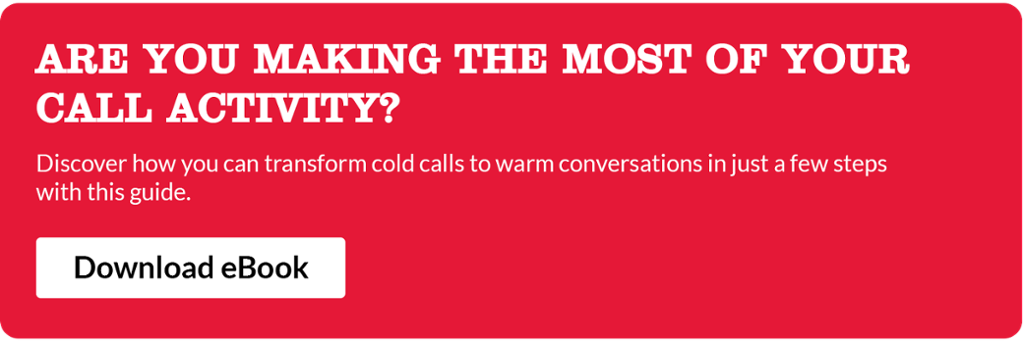One of the easiest and most effective ways of improving your BD results is to start making carefully-planned candidate reference calls.
And if you’re thinking that reference calls don’t count as BD calls, you’re wrong – play it right and they could become one of your favourite sales tools for recruitment.
Don’t believe me? Here’s why…
1. You introduce yourself to a prospect the right way
 More often than not, your candidate’s reference contact will be a potential prospect in your niche. This means that reference calling is a rare opportunity to call a cold prospect and leave a good impression.
More often than not, your candidate’s reference contact will be a potential prospect in your niche. This means that reference calling is a rare opportunity to call a cold prospect and leave a good impression.
Making a reference call allows you to get straight past the gatekeeper as you have a valid reason for wanting to speak with the line manager. The line manager won’t see it as just another cold call from an unknown recruiter: They’re used to getting references calls from in-house recruiters, so they’ll be happy to speak to you.
A reference call gives you the opportunity to introduce yourself and have a professional conversation with the prospect. With these calls, you’re immediately out of cold-calling territory and in a great position to start warming them up so you can eventually pitch to get on their PSL.
2. You show that you're a top recruiter to work with
In today’s job-short market, standing out as a recruiter who goes above and beyond is the only way to win business – and reference calling is the perfect way to demonstrate that you’re that recruiter.
Reference calling shows prospects that you do your due diligence for clients and they’ll see first-hand that you’re able to handle this part of the recruitment process for them. It’s guaranteed to make them wonder why the recruiters they’re working with right now aren’t doing this for them.
You’ll come across as an industry expert who offers a full-service recruitment package and operates in a trustworthy manner. Not a bad way to start off a client relationship!
3. You get to learn about their business first-hand
 One of the toughest parts of winning new business is figuring out what type of candidates a prospect needs and wants. The good news is, you can find out everything you need to know on a reference call, so you can immediately start to spec in talent they can’t resist.
One of the toughest parts of winning new business is figuring out what type of candidates a prospect needs and wants. The good news is, you can find out everything you need to know on a reference call, so you can immediately start to spec in talent they can’t resist.
When you’re taking the reference, weave in a few questions about the business structure and what the team do on a day-to-day basis – these questions will fit right in with questions about the candidate’s experience.
This will allow you to find out more about their business, how it operates, what type of candidates they need and if they have any recruitment needs that you can support them with. Even if they decline at this stage, this conversation will make it a breeze to sell to them in the future!
4. It'll help you stay in your current client's good books
To stay in your client’s good books (and on their PSL), you need to make sure the candidates you send them are sh*t-hot, not sh*t.
One survey found that 37% of candidates admitted to lying on their application, so you need to take a proper reference to learn what your candidate’s true skill set is. You can’t rely solely on what they’ve told you.
Qualifying your candidate before putting them forward like this will prevent any recruitment disasters that could get you kicked off a PSL. It will also improve the quality of your placements, and cut down your client’s time- and cost-to-hire.
5. A good reference can land you a placement
Your candidates are facing stiff competition right now, so give them the edge by sending over a glowing reference when you put them forward for a job.
A strong reference will show any future employer what your candidate has contributed to their last company and paint a picture of what they would be able to offer to their business. If there’s a couple of candidates in the running for a position, this tactic can sway a decision in your favour.
Reference calling is one way to warm up a prospect before you sell to them. Download the eBook to learn other ways to warm up prospects, so you never have to make a cold call again.
Paul Briman
Growth Specialist Paul was a Principle Consultant in the tech sector before joining Firefish. He loves changing the way agencies recruit with software.




